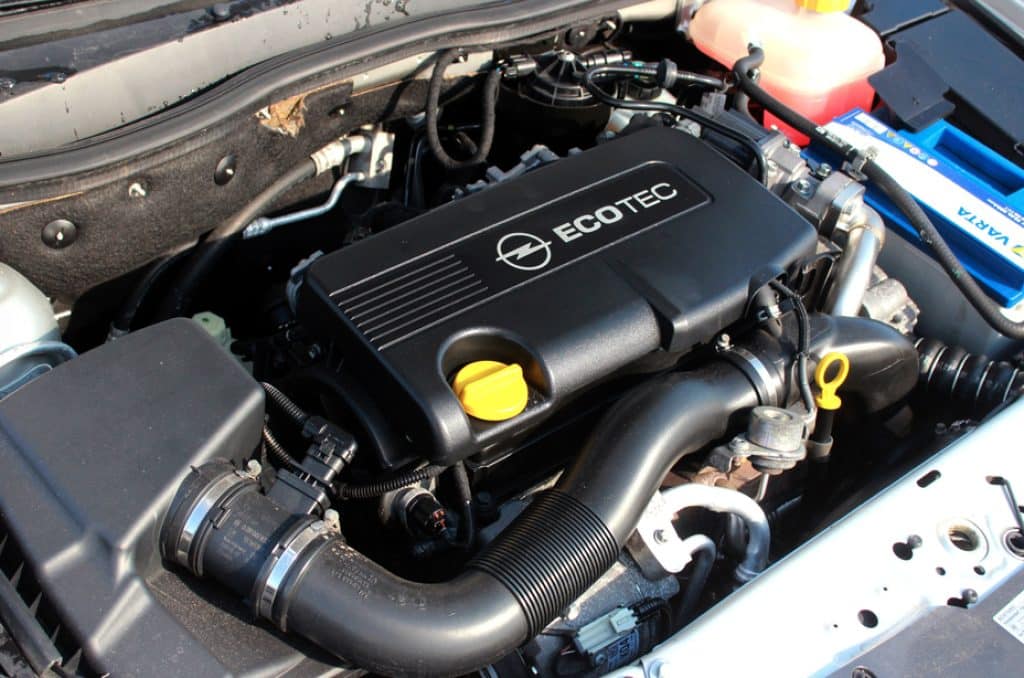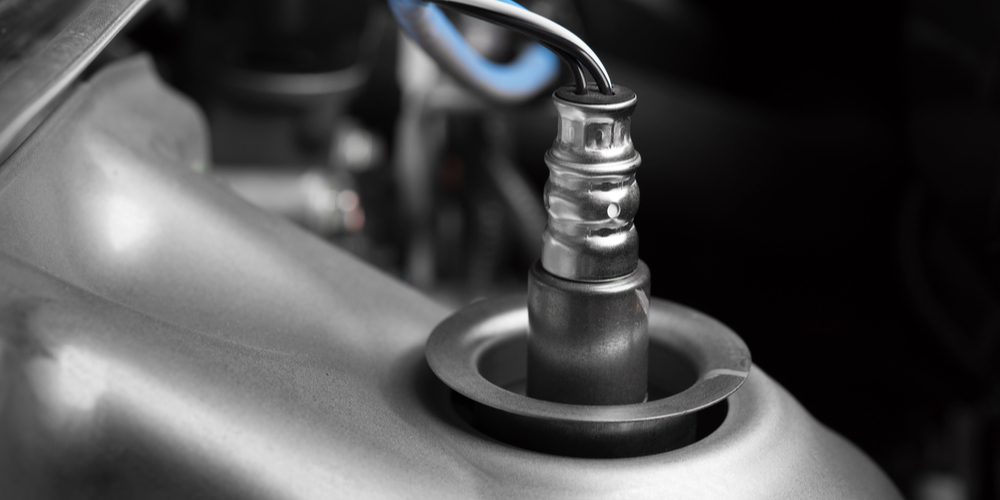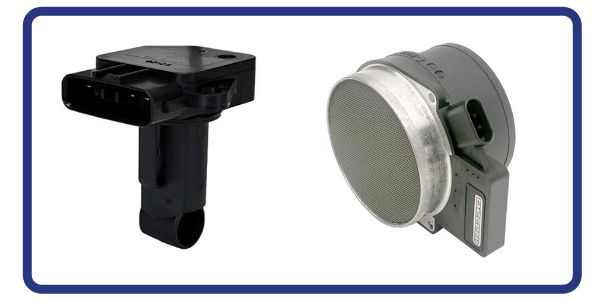One of the most annoying things that can happen when we are driving our vehicles is when we get the reduced engine power light.
Most of the time, reduced engine power doesn’t make commuting home possible since the max speed your Opel Astra will reach is not going to be enough to keep you safe on the highway.
If your Astra has gotten this reduced engine power warning, it means that one of its engine management sensors or the ECU have gone bad.
It’s effectively “in the dark” without enough vital telemetry to control the engine properly.
Without enough data, the ECU will just give you enough power to not leave you totally stranded, and may run the engine in an entirely different way.

Quick Diagnosis Table
| Possible Causes | OBD2 Trouble Codes | Solution |
|---|---|---|
| Faulty throttle body | P0120, P0220 | Replace throttle body |
| Dirty or clogged air filter | P0101 | Clean or replace air filter |
| Faulty oxygen sensor | P0130, P0131, P0132, P0133, P0134, P0135, P0136, P0137, P0138, P0139 | Replace oxygen sensor |
| Faulty mass air flow sensor | P0100, P0102, P0103, P0104, P0171, P0172 | Replace mass air flow sensor |
| Faulty fuel pump | P0190, P0191, P0192, P0193, P0194, P0195, P0196, P0197, P0198, P0199 | Replace fuel pump |
| Clogged fuel filter | P0180, P0181, P0182, P0183, P0184, P0185, P0186, P0187, P0188, P0189 | Replace fuel filter |
| Faulty ignition coil | P0350, P0351, P0352, P0353, P0354, P0355, P0356, P0357, P0358, P0359 | Replace ignition coil |
| Faulty spark plugs | P0300, P0301, P0302, P0303, P0304, P0305, P0306, P0307, P0308 | Replace spark plugs |
| Faulty catalytic converter | P0420, P0430 | Replace catalytic converter |
| Faulty engine control module | P0600, P0601, P0602, P0603, P0604, P0605, P0606, P0607, P0608, P0609 | Replace engine control module |
Reduced Engine Power Causes: Opel Astra
If you have the reduced engine power light, then there are going to be some diagnostic trouble codes stored in your OBD II system.
This is great news, since it helps narrow down where the ECU thinks that the problem is. A good code scanner is really cheap and can make the process a whole lot smoother.
Here are some of the most typical problems that can make your Astra’s reduced engine power warning come on:
Throttle Actuator Control (TAC) Failure

One of the most common causes of reduced engine power is a failure in the Throttle Actuator Control (TAC) module and control motor.
These components work together to open the throttle on computer-controlled systems. When the TAC fails, it can cause the engine to go into limp-home or fail-safe mode.
Oxygen Sensor Failure
The oxygen sensor, also known as the O2 sensor, is responsible for monitoring the amount of oxygen in the exhaust gases and adjusting the fuel-to-air ratio accordingly.
When the O2 sensor fails, it can cause the engine to run too rich or too lean, resulting in reduced engine power.
Fuel Pump Failure
The fuel pump is responsible for delivering fuel from the gas tank to the engine. When the fuel pump fails, it can cause a decrease in fuel pressure, resulting in reduced engine power.
Mass Air Flow (MAF) Sensor Failure
The Mass Air Flow (MAF) sensor measures the amount of air entering the engine and adjusts the fuel-to-air ratio accordingly.
When the MAF sensor fails, it can cause the engine to run too rich or too lean, resulting in reduced engine power.
Ignition System Failure
The ignition system is responsible for providing spark to the spark plugs, which ignites the fuel in the combustion chamber. When the ignition system fails, it can cause misfires and a decrease in engine power.
It is important to note that these are just a few potential causes of reduced engine power. It is recommended to use a code scanner to diagnose the issue and pinpoint the exact cause of the problem.
Diagnosing Reduced Engine Power in Opel Astra
If you have an Opel Astra and are experiencing reduced engine power, it can be frustrating and concerning.
Fortunately, with the right diagnostic tools and steps, you can quickly identify and fix the issue.
Diagnostic Tools

To diagnose reduced engine power in your Opel Astra, you will need a good code scanner.
A code scanner is a device that reads the diagnostic trouble codes (DTCs) stored in your car’s onboard diagnostic (OBD) system.
Diagnostic Steps
Once you have a code scanner, you can begin the diagnostic process. Here are the steps you should follow:
- Connect the code scanner to your Opel Astra’s OBD port. The OBD port is usually located under the dashboard on the driver’s side of the car.
- Turn on the ignition and wait for the code scanner to connect to your car’s OBD system.
- Once the code scanner is connected, read the DTCs stored in your car’s OBD system. The DTCs will give you a good idea of where the ECU thinks the problem is.
- Look up the DTCs in your car’s service manual or online to determine the cause of the problem.
- Fix the problem based on the cause identified by the DTCs. Common causes of reduced engine power in Opel Astra include throttle actuator control (TAC), vacuum leaks, and faulty sensors.
By following these diagnostic steps, you can quickly identify and fix the issue causing reduced engine power in your Opel Astra.
Remember to always refer to your car’s service manual or seek professional help if you are unsure of how to proceed.
Should You Drive Your Astra with the Reduced Power Light?
The idea behind the reduced engine power condition is to allow you to limp your Astra into the shop or back home.
It is not meant to sustain long periods of vehicular operation. Not being able to go 40MPH (which is almost always the case) is a safety risk.
When the engine power has been reduced, the engine and transmission can operate in totally different ways.
This leads to jerky shifts, unstable acceleration, and horrible gas mileage.




